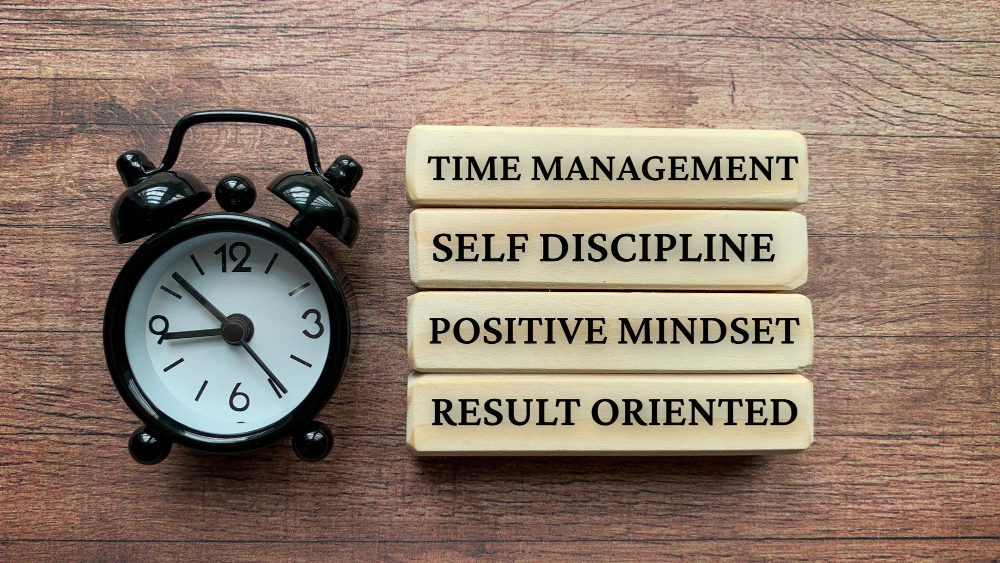Self-discipline is the key to unlocking your full potential and achieving success in various areas of life. It is the ability to control your impulses, stay focused on your goals, and consistently take action towards them. While self-discipline may seem challenging to cultivate, it is a skill that can be developed through consistent practice and the adoption of daily habits. In this article, we explore five powerful habits that can help you build self-discipline and unleash your inner power.
Set Clear Goals: Fuel Your Motivation
Setting clear goals is a fundamental step in building self-discipline. When you have a clear vision of what you want to achieve, it becomes easier to stay focused and motivated. Start by defining specific, measurable, achievable, relevant, and time-bound (SMART) goals. Write them down and revisit them regularly to remind yourself of your purpose. Break down your goals into smaller, actionable steps, and create a plan to tackle them. By having a clear roadmap, you can stay on track, measure your progress, and stay motivated on your self-discipline journey.
Create a Consistent Routine: Harness the Power of Habits
Consistent routine plays a crucial role in building self-discipline. Habits are powerful forces that shape our behavior and can either support or hinder our progress. Design a daily routine that aligns with your goals and incorporates disciplined activities. Wake up at a consistent time each day, establish a morning routine that sets a positive tone for the day, and allocate specific time blocks for focused work. Identify your most productive times of the day and reserve them for tasks that require the most discipline. By establishing a disciplined routine, you eliminate decision fatigue and make self-discipline a natural part of your daily life.
Practice Mindfulness: Strengthen Your Inner Awareness
Mindfulness is a powerful practice that enhances self-discipline. It involves being fully present and aware of your thoughts, emotions, and actions in the present moment. By cultivating mindfulness, you develop a greater sense of self-awareness and can identify when distractions or urges arise. When faced with temptations or impulses that may derail your progress, pause, take a deep breath, and observe the sensations without judgment. By practicing mindfulness, you create a space between your impulses and your actions, allowing you to make conscious choices that align with your long-term goals.
Embrace Delayed Gratification: Mastering the Art of Patience
Delayed gratification is a fundamental principle of self-discipline. It involves resisting immediate rewards or pleasures in favor of long-term benefits. Train yourself to embrace delayed gratification by practicing patience and learning to tolerate discomfort. When faced with temptations or distractions, remind yourself of the long-term rewards that come from staying disciplined. Practice saying “no” to instant gratification in small ways, such as avoiding unnecessary purchases or resisting the urge to check social media during work hours. By mastering the art of delayed gratification, you strengthen your self-discipline muscle and set yourself up for greater success.
Cultivate a Growth Mindset: Embrace Challenges and Learn from Setbacks
Growth mindset is essential for building self-discipline. Embrace challenges as opportunities for growth and view setbacks as valuable learning experiences. Recognize that self-discipline is not a linear journey and that you may encounter obstacles along the way. Instead of giving up or becoming discouraged, use setbacks as opportunities to reassess and adjust your approach. Adopt a positive mindset that focuses on progress rather than perfection. Celebrate small wins and use failures as stepping stones towards improvement. By cultivating a growth mindset, you develop resilience, perseverance, and a stronger foundation for self-discipline.
